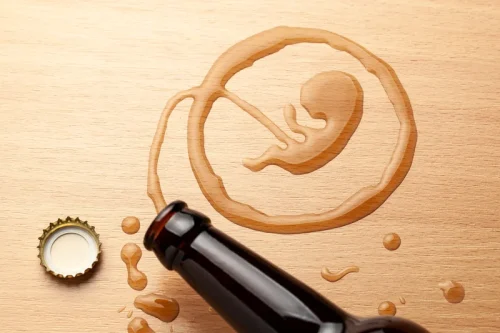
The cognitive-behavioral approach attempts to integrate all of thesetheoretical details into a meaningful model of substance abuse disorders(Mackay et al., 1991; Marlatt et al., 1988). Figure 4-17 presents a flowchart thatdepicts this model of substance abuse and dependence. Theresults of Smith and colleagues suggest that such cognitive appraisals mayplay a more prominent role than attributions in mediating emotionalresponses to potentially threatening situations (Smith et al., 1993). A goal of CRA is to make these alternative interpersonal and social sourcesof reinforcement available when the person is sober or drug-free, but tomake them unavailable if the person drinks or uses. The program consists ofa number of components, and it can be tailored to the specific circumstancesof a client.
- Also ask about important events like births, graduations, marriages, and deaths and how those events may be linked to the current substance misuse (Shellenberger, 2007).
- Relationships serve as the communication conduits that connect family members to each other.
- For instance, members of a couple in recovery may have different expectations for emotional and sexual intimacy; one partner may want more intimacy, whereas the other may find intimacy uncomfortable without using substances.
- Ask each family member to describe his or her theory about the client’s substance use behavior.
Severity of Health Issues

Figure 4-14lists andfurther defines the three dimensions of attribution that make up an »attributional style. » Although a therapist may guide the individual in a behavioral self-controlmodel, the substance abuser maintains primary responsibility for changinghis behavior. During the course of therapy, the client and therapist meet inbrief sessions to go over homework and ensure that the client is followingthrough.

How to Find the Right Substance Abuse Counselor
Figure 4-10shows a number of distorted addictive thoughts and more rational alternativesthat the therapist might help develop and practice over the course of cognitiverestructuring. Behavioral contracting and contingency management are often found as elementsin a number of more comprehensive approaches such as community reinforcementand behavioral self-control training. While aversive conditioning procedures have most often been used in thetreatment of alcohol dependence, they have also been applied to thetreatment of marijuana and cocaine use (Frawley and Smith, 1990; Smith substance abuse counseling et al., 1988). It should be noted that these aversiveconditioning techniques, as well as cue exposure approaches, are best viewedas components of a more comprehensive treatment program rather than asindependent, free-standing treatments (O’Brien, et al., 1990; Smithand Frawley, 1993). In this context, Smith and colleaguesreported positive outcomes for dependent users of both alcohol and cocainewho received chemical aversion procedures as part of their treatment incomparison to those who did not receive similar treatment (Frawley and Smith, 1990; Smith et al., 1997).
- The only exception to this boundary is if a family member tells you privately of violence or abusive behavior that needs to be addressed separately.
- The key processes posited to underlie the effectiveness of CBTs are their focus on increasing resistance self-efficacy and general self-confidence, acquiring and using substance-specific and general coping skills, and reducing positive expectancies for substance use.
- Decades of scientific research on addiction treatment have found behavioral, motivational and family-based therapiesto effectively treat substance use disorders.
Overview of Family-Based SUD Treatment Methods
- Family-based interventions with clients who have co-occurring disorders should focus on education about the mental disorder, the effects of SUDs and co-occurring mental disorders on families, and development of coping skills to manage those effects.
- The model views families as systems, and in any system, each part is related to all other parts.
- These are 12-Step programs for family members that will help them disengage with love, so that they stop enabling and begin to care for themselves.
Theories can also help with interventions, treatment, prevention, relapse and recovery. Luckily, there are substance misuse rehab programs that treat the whole family, not just the person with the SUD. These services can help spouses, partners, caregivers, children, siblings, and even friends.
Cognitive Behavioral Therapy

Family Peer Recovery Support Services

How Addiction Impacts the Family: 6 Family Roles in a Dysfunctional or Alcoholic Family
Whom To Involve in Integrated Family Counseling for SUDs

